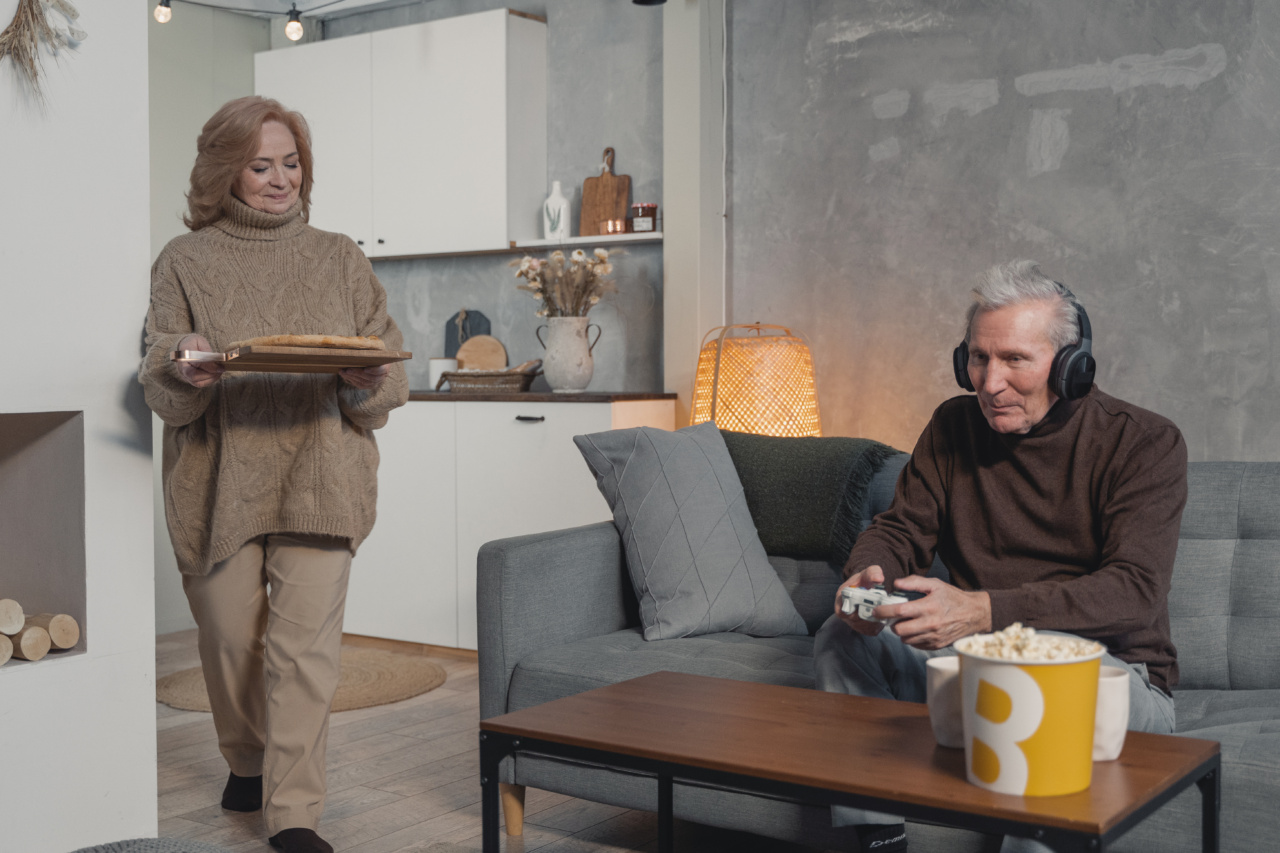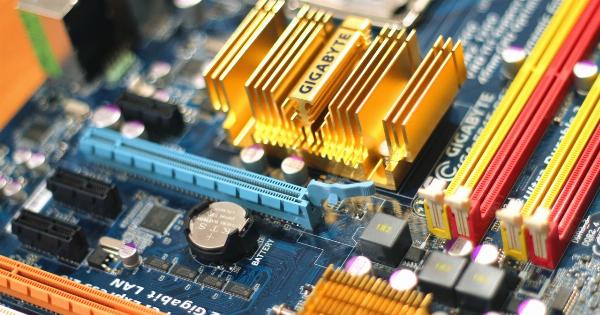Gaming is often thought of as a recreational activity for young people, but it has been increasingly recognized for its cognitive benefits, especially for the elderly.
Engaging in video games can provide numerous advantages for older adults, including improved memory, enhanced problem-solving skills, increased mental agility, and enhanced social connections. As the demographic for gaming continues to expand, let’s explore the specific cognitive benefits that gaming can offer to the elderly.
1. Memory Improvement
Memory decline is a common concern among the elderly. However, studies have shown that gaming can significantly improve memory retention and cognitive function.
Playing memory-intensive games, such as puzzles or strategy games, challenges the brain to store and retrieve information effectively. This, in turn, helps to enhance memory skills in older adults.
2. Problem-solving Skills
Gaming often requires users to solve various puzzles and overcome challenging obstacles. This constant engagement in problem-solving exercises can significantly improve cognitive abilities in the elderly.
By encouraging strategic thinking, gaming helps older individuals develop creative solutions and improve their problem-solving skills in their daily lives.
3. Mental Agility
Gaming involves quick decision-making and swift reflexes. As older adults engage in fast-paced gaming experiences, it helps stimulate their brain, improving mental agility.
This increased mental agility is valuable in various real-life situations, such as driving or multitasking, where quick thinking is necessary for safe and efficient performance.
4. Hand-Eye Coordination
Many video games require players to interact with the screen using controllers or other input devices. This interaction helps to improve hand-eye coordination, which often deteriorates in the elderly.
By engaging in gaming, older adults can enhance their coordination skills, making daily tasks, such as writing or using utensils, easier to perform.
5. Social Connections
Gaming offers an excellent platform for social interaction, especially for older adults who may face social isolation or loneliness. Online multiplayer games allow seniors to connect with friends, family, and even individuals from around the world.
These social connections can provide a sense of community, reduce feelings of loneliness, and improve overall mental well-being.
6. Brain Exercise
Engaging in regular gaming activities ensures that the brain is consistently challenged and exercised. Just like physical exercise strengthens muscles, the mental exercise provided by gaming helps keep the brain active and healthy.
This, in turn, reduces the risk of cognitive decline and age-related neurodegenerative diseases, such as Alzheimer’s.
7. Enhanced Attention and Focus
Video games often require players to maintain focus on multiple objectives simultaneously. This constant demand for attention can significantly improve attention span and focus in elderly individuals.
Improved attention and focus allow older adults to stay engaged in conversations, perform tasks with precision, and maintain better overall cognitive functioning.
8. Stress Relief
Gaming can be an excellent stress-relieving activity, even for the elderly. Engaging in immersive video game experiences can divert attention from daily worries and provide a much-needed mental break.
By reducing stress levels, gaming indirectly helps to enhance cognitive functioning in older adults.
9. Continuous Learning
Many video games require players to learn new rules, strategies, and game mechanics. Engaging in continuous learning through gaming can have a positive impact on the cognitive abilities of the elderly.
By constantly acquiring new knowledge and adapting to changing game dynamics, older adults can improve their learning capacity and maintain an active and alert mind.
10. Boosted Mood
Playing video games triggers the release of endorphins, which are chemicals responsible for the feeling of pleasure and happiness.
This natural mood boost can be particularly beneficial for the elderly, as it can counteract feelings of depression, anxiety, and stress. A positive mood is closely linked to improved cognitive functioning and overall mental well-being in older adults.
Gaming has evolved to become more than just a form of entertainment. With its undeniable cognitive benefits, gaming has become an effective tool for promoting mental fitness in the elderly.
Memory improvement, problem-solving skills, mental agility, social connections, hand-eye coordination, and stress relief are just some of the advantages that gaming can offer. So, let’s embrace the ever-growing world of gaming and unlock its potential to enhance cognitive health in our seniors.































